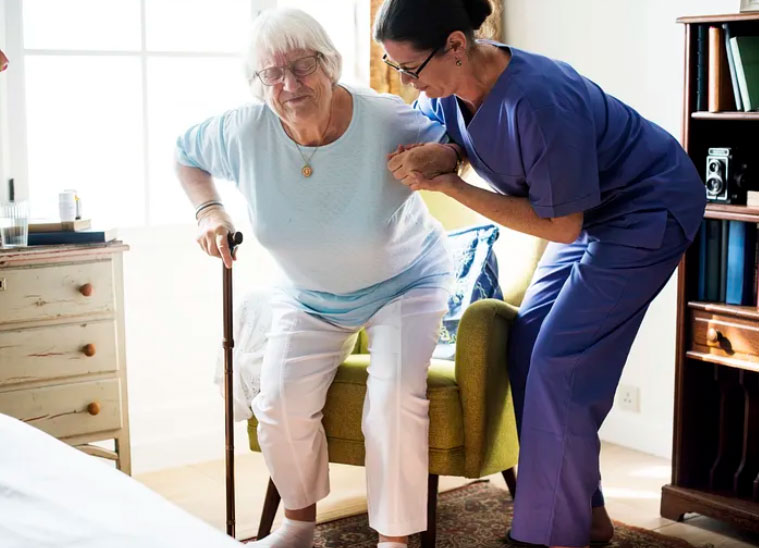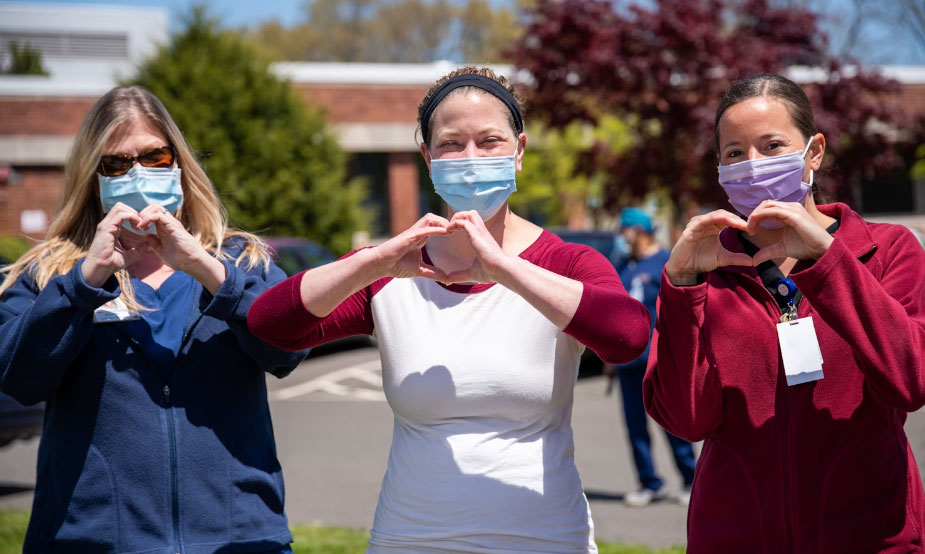Nobody wants to consider the possibility of losing a loved one. This can make discussing end-of-life care difficult and uncomfortable. Nonetheless, these are some of the most significant discussions we will ever have. Talking about end-of-life care allows your loved ones to express their preferences, ensuring that they are fulfilled in the event of a crisis.
When to Have End-of-Life Care Conversations
Initiating conversation around end-of-life care can occur at any age and not just after an illness or major age milestone.
Anyone who is the primary caregiver for a seriously ill loved one may also have end-of-life care conversations.
It is important to have an open and honest discussion about end-of-life care. Be clear about the direction in which you would like your wishes fulfilled and have all key information written down and easy access for family members to execute when time.
The Conversation
It’s best to have a non-judgmental, honest conversation with your loved one. This can be difficult — especially if you fear their responses. If you approach the conversation with facts, you can help your loved one make an informed decision. This conversation isn’t just about end-of-life care — it’s also about the quality of life they want to live. Knowing wishes prior to a crisis, allows family members to be on board and assist where needed.
To start the conversation, ask your loved one these questions:
- What is the one thing you would want me to remember you by?
- What do you want me to do if you get seriously ill?
- What do you want me to do if you are no longer able to care for yourself?
- What are your thoughts on what would be the right place for you to spend your last days?
- Do you want me to use any particular treatments to prolong your life, or should I focus on making you as comfortable as possible?
- How would you like me to communicate with your doctors and caregivers?
- What kind of life do you want to live at the end of your life?
- Do you have a will in place or a Power of Attorney to make decisions in case one day you cannot?
It’s imperative to have these conversations early and often — as early as possible and as often as necessary. Don’t wait until a crisis occurs, which can make these conversations harder.
The Key Takeaway
End-of-life care conversations often don’t happen because we don’t want to think about death. But talking about end-of-life care is the most important way to make sure our wishes are followed.
By having these conversations in a non-judgmental, present way, you can empower your loved ones to make the best decisions for their end-of-life care.
If you’re looking for the best hospice care in Atlanta, then you’ve found that in Golden Rule Hospice. We provide professional, caring home hospice care. Call us at (470) 395-6567 and check out our family and caregiver support service now to know more.
We live by the Golden Rule
Treat others the way you would like to be treated.







